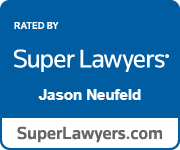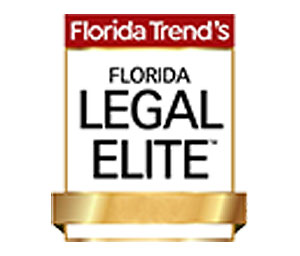Welcome to Elder Needs Law, PLLC

Before diving into who we are, let’s focus on what brought you here.
Perhaps you're concerned about Medicaid eligibility or the rising costs of long-term care. Maybe you're looking for a way to safeguard your special needs child’s future, ensuring they’re protected and cared for when you no longer can be. Or, it might simply be time to create an estate plan, but you're unsure where to begin or how to select the right approach to protect your loved ones and assets.Whatever your concerns may be, the dedicated team at Elder Needs Law, PLLC is here to guide you.
Led by Jason Neufeld, Esq., a highly-respected and top-rated Board-Certified Elder Law Attorney, we specialize in helping families like yours navigate Medicaid Planning and Estate Planning with clarity and confidence. Jason's expertise extends beyond client counsel—he regularly teaches other attorneys the intricacies of Medicaid and estate planning, ensuring Florida’s seniors receive the highest quality advice, care, and protection. Let us help you find the best solutions for your unique circumstances. Your peace of mind starts here.

.png)


















































